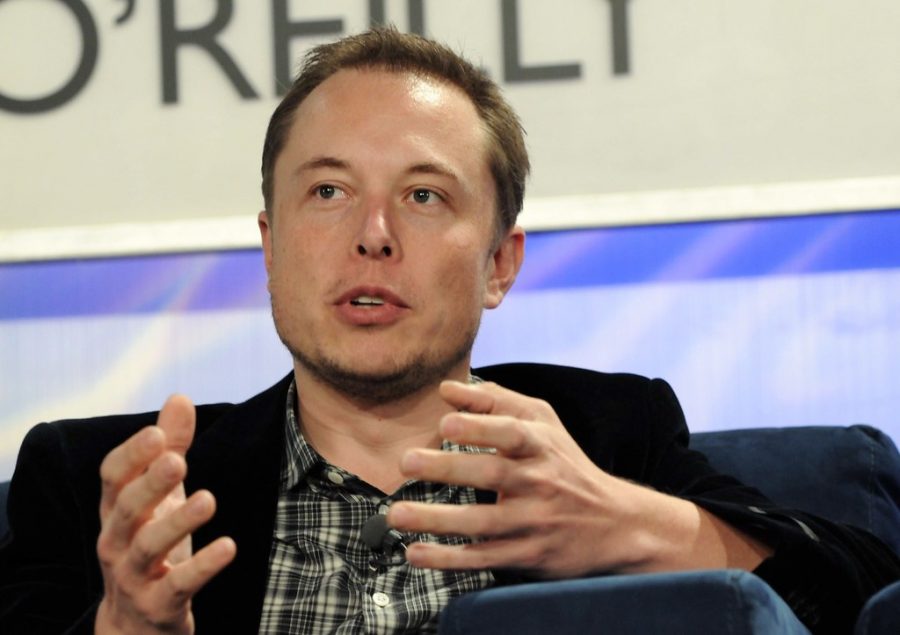Elon Musk, Entrepreneur Par Excellence, Rockets to the Top of Global Wealth List
January 22, 2021
You may sometimes think to yourself: what can a $20 bill get me? Perhaps some food, a small amount of gas–or you could possibly just save it for later use. The possible uses for that $20 bill are endless to us. But now imagine a million dollars or even a billion. You would be set for life with that amount of money. Now go a step further: think of hundreds of billions of dollars. That once-important $20 doesn’t even cross your mind, does it? This is exactly the thought process of 49-year-old Elon Musk, a self-made billionaire best known as the co-founder and CEO of Tesla, Inc., who came to fame for his development of many well-known products. Musk has ranked among the world’s richest people in recent years, and on certain days in the past few weeks, he has been listed ahead of Amazon’s Jeff Bezos as the world’s richest individual. According to Forbes, at about $182 billion, Musk is currently the world’s second-richest person, behind only Bezos (approximately $192 billion).
This entrepreneur is the definition of the American Dream. Musk was born in Pretoria, South Africa, in 1971. At the age of 10, his parents divorced, which led him to seek new hobbies to occupy his mind. He turned to computers with an interest in the mechanics of it all. He created his first software, Blastar, which he sold for a mere $500. When he turned 17, he moved to Canada, where his mother had been born, mainly to find easier access to the United States. From that point, he bounced from university to university. In 1995, two days into a doctoral program, he dropped out of Stanford to pursue his company, Zip2, which, four years later, was bought by Compaq Computer.
This small online city-guide company was just the beginning. He founded X.com, later merged with another company and renamed PayPal, which is now one of the most successful online payment systems. Musk did not stop there, though. In 2002, he created SpaceX, his very own space exploration company. This company was nothing but good news for the future of space travel, since both NASA and the government became involved with SpaceX. As if that weren’t enough, Musk co-founded Tesla in 2003, aiming for cleaner, more affordable cars. Tesla is now a household name, synonymous with electric cars and the main source of Musk’s $180 billion fortune.
But even after Tesla, Musk was not finished starting new companies. In 2015, he founded OpenAI, an artificial intelligence laboratory, stepping back in 2018. In 2016, he founded Neuralink, which is seen as the “future of tomorrow.” This company’s goal is to connect artificial intelligence with real intelligence, or computers with brain power. Elon hopes this technology will be able to cure neurological diseases such as Alzheimer’s. At this point, you’re probably thinking: what hasn’t Musk done? Well if you’re thinking transportation infrastructure, you’d be wrong. Also in 2016, he founded The Boring Company, an infrastructure and tunnel-service construction company. Long story short: from Musk’s time in South Africa to Canada to finally the United States, he managed to be a part of Blastar, Zip2, PayPal, SpaceX, Tesla, OpenAI, Neuralink, and The Boring Company.
Elon Musk is a natural inventor, and with his combination of talent and determination, he worked his way up the economic ladder and just kept going. We’re all familiar with the saying “Reach for the stars.” Musk is not only trying to get to the stars; he wants to visit the planets, too–metaphorically but also quite literally. There seems to be no stopping his growing companies. Who knows? Could he end up a trillionaire?
